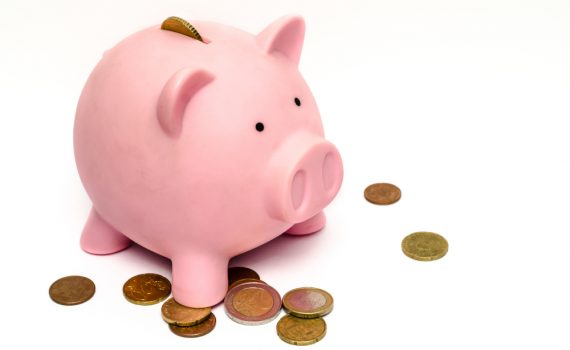Green Money
Category : blog , Divestment , Economy , Politics
Money is strange. It’s a portable, transferrable storage symbol for our energy, effort and expertize. It can indicate our rank, our cleverness at “playing the game,” or become a shackle to a life we no longer enjoy. Lack of it can impose profound misery and its distribution can create injustice, corruption and war; or peace and plenty. Every philosophy comments on money; warning us against it, or lauding its correct application. Outside the context of a socially created market it has no intrinsic worth. Within that context it can be everything.
Our money is also our politics, and is as much a tool of intelligent stewardship as our vote. It acts beyond our independent spending. The banks we trust to secure our futures use our savings and our debt payments to fund both good and evil. We are responsible to know, and choose, the paths our money travels, and the influence it buys.
With the Citizens United decision reinforcing corporate personhood, the Supreme Court also made money free speech, effectively making money the only speech. While the heart of avarice now holds the loudest megaphone in the republic, it can’t yet forcibly silence us. We can be a chorus and collectively take back the wheel from greed and corruption. We have to clean and green our money.
It’s going to be inconvenient, time consuming and may require sacrifices. If these things deter us, we become “good people doing nothing,” giving evil a clear path. Compared to the costs dirty money will force on our children, the sacrifice is insignificant.
- Move your money to a credit union. Checking, savings, credit cards, loans, even mortgages; move them all over to a credit union. CU’s are non-profits that lend locally and support the small businesses and local companies that are the true engine of the American ideal.
- Take a good look at your 401K and other retirement savings strategies. Are you funding banks and other corporations that continue to destroy the natural world? Is your money underwriting fracking, dirty energy, deforestation, irresponsible real estate development? Redistribute your investments to reflect your politics.
- Buy from local chains and stores instead of multi-national corporations. Quit the online shopping habit and look for independent grocery stores , bookstores, coffee shops, material suppliers. Yes, independents may be more expensive, but if the large scale corporations were actually charging you what it’s going to cost to repair the damage they are doing to the world, their prices would be astronomical. Do you want your grandchildren to inherit an unlivable world, or the story of our victory over greed and waste? Open a map application and type in a search for whatever you need to buy. Not only will you find the independents in your area but you’ll use less energy getting there.
- When you make donations, investigate. Did you know that Savers thrift shops in San Jose are for-profit? They only “share” their profits with charities. Why provide them with free inventory when other donations go to actual non-profits?
- Support the maker community in your neighborhood. Look for independent craftspeople and artisans to support when you buy gifts, seek entertainment, or need durable goods.
- Talk to your relations, friends and neighbors about bringing their money back home, regardless of political stripe. Supporting businesses in your home town and keeping money local is not a partisan issue. Conservative or progressive, the benefits are a no-brainer.
Keep thinking, asking, loving, doing, giving, trying. The world is better for your efforts.


1 Comment
Nassim Nouri
May 29, 2017 at 8:11 pmThanks for the great perspective. Money is a strange thing indeed. As important as spending is in our lives, our relationship with money starts long before we spend it. From the start the decision on how MAKE it is a big one, that we neglect to engage our youth about. For example I grew up thinking I HAD to work for someone else, entrepreneurship just wasn’t part of my upbringing! Let’s use this terrific blog to start this conversation about how we create value -> money and what is our relationship with our economy? Thoughts?